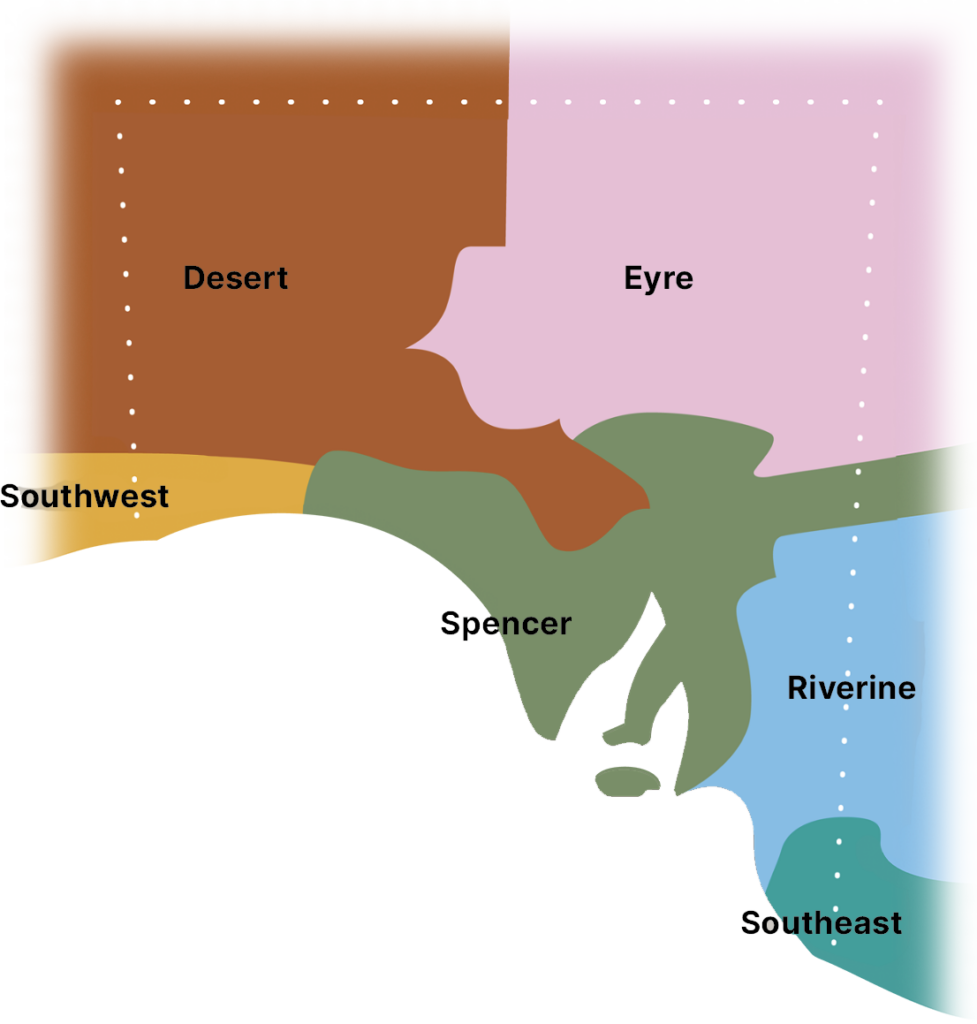Is "Aborigine" a Slur? Understanding the Nuances of Language and Respect
Is "Aborigine" a Slur? Understanding the Nuances of Language and Respect

The word "Aborigine" has a complex history, and its usage is often debated. While it might seem like a simple descriptor, it carries significant baggage and can be perceived as offensive by many Aboriginal and Torres Strait Islander people. Understanding the reasons behind this sensitivity is crucial for respectful communication and fostering positive relationships.
A History of Misuse and Appropriation:
Related Articles: Is "Aborigine" a Slur? Understanding the Nuances of Language and Respect
- Unveiling The Spirit: Exploring Aboriginal Totem Animals
- Unearthing Your Next Adventure: A Comprehensive Guide To Contacting Unearth In Australia
- Tidam: A Powerful And Meaningful Australian Aboriginal Boy Name
- Aboriginal Vs IndigenousTitle
- November’s Embrace: Unveiling The Rich Symbolism Of Aboriginal Culture
The term "Aborigine" has its roots in colonial times. European settlers used it to categorize the Indigenous populations they encountered, often with a sense of superiority and othering. This historical context, coupled with the negative experiences of colonization, has left a lasting impact on how the word is perceived today.
The Problem with "Aborigine":
- Generalization: "Aborigine" lumps together diverse Indigenous cultures and languages across Australia. It fails to acknowledge the unique identities and histories of the hundreds of different Aboriginal nations and Torres Strait Islander communities.
- Colonial Legacy: The word is inherently linked to the colonial era and the power imbalances that existed between Indigenous people and European settlers. Its use can evoke feelings of disrespect and marginalization.
- Lack of Agency: The term was imposed by outsiders, without consultation or consideration of Indigenous perspectives. It lacks the agency and self-determination that Indigenous people have in defining their own identities.
What to Use Instead:

The preferred terminology for referring to Indigenous Australians is "Aboriginal and Torres Strait Islander people" or "First Nations people." These terms are inclusive and recognize the distinct identities of both Aboriginal and Torres Strait Islander peoples.
Beyond Terminology: Building Respectful Relationships:
Moving beyond the debate over "Aborigine" requires a deeper understanding of the complexities of Indigenous culture and history. Here are some key steps towards building respectful relationships:
- Educate Yourself: Learn about the diverse histories, cultures, and experiences of Aboriginal and Torres Strait Islander peoples. Seek out resources from reputable Indigenous organizations and individuals.
- Listen and Learn: Engage in respectful dialogue with Indigenous Australians and listen to their perspectives. Be open to learning from their experiences and understanding their concerns.
- Support Indigenous Voices: Amplify Indigenous voices and perspectives in your own communication and actions. Support Indigenous-led initiatives and organizations.
- Challenge Stereotypes: Be mindful of the stereotypes and misconceptions that often surround Indigenous people. Challenge these narratives and promote accurate representations.
- Acknowledge the Past: Recognize the impact of colonization and the ongoing challenges faced by Indigenous Australians.


The Importance of Language:
Language is a powerful tool that shapes our perceptions and interactions. Using respectful and accurate language is essential for building bridges and fostering understanding between Indigenous and non-Indigenous Australians.
The Evolution of Language:
While the term "Aborigine" has a problematic history, it’s important to acknowledge that language evolves. Some Indigenous people may use the term themselves, often in specific contexts or for historical reasons. However, it’s crucial to be sensitive to the diverse perspectives within the Indigenous community and to avoid using the term without understanding its potential implications.
Beyond Words: Action Matters:
Respectful language is a starting point, but true reconciliation requires action. Supporting Indigenous self-determination, advocating for Indigenous rights, and working towards a fairer and more equitable society are essential steps towards building a truly inclusive Australia.
Frequently Asked Questions (FAQ):
1. Is it ever okay to use "Aborigine"?
While some Indigenous people may use the term themselves, it’s generally considered best to avoid it. Using "Aboriginal and Torres Strait Islander people" or "First Nations people" is always a safer and more respectful choice.
2. What if I’m writing about historical events?
When discussing historical events, it’s important to use the terminology that was prevalent at the time. However, you should also provide context and explain why the term is no longer considered appropriate today.
3. How can I be sure I’m using the right language?
The best way to ensure respectful communication is to consult with Indigenous organizations and individuals. They can provide guidance on appropriate terminology and cultural protocols.
4. What if I make a mistake?
If you make a mistake, apologize sincerely and correct yourself. Be open to feedback and willing to learn from your errors.
5. What can I do to support Indigenous Australians?
There are many ways to support Indigenous Australians. You can donate to Indigenous-led organizations, attend Indigenous cultural events, advocate for Indigenous rights, and learn about Indigenous history and culture.
Conclusion:
The debate over "Aborigine" highlights the importance of language and its impact on our perceptions and relationships. By being mindful of our language and embracing respectful and inclusive terminology, we can create a more equitable and understanding society for all Australians.

Closure
Thus, we hope this article has provided valuable insights into Is "Aborigine" a Slur? Understanding the Nuances of Language and Respect. We hope you find this article informative and beneficial. See you in our next article!


